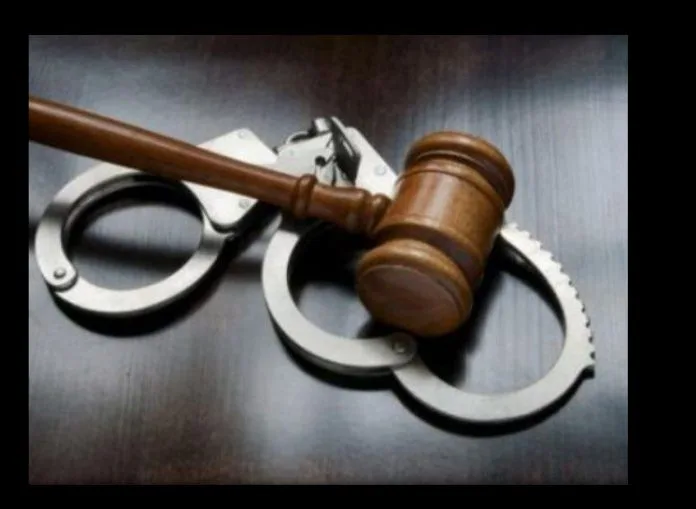Three suspects were taken into custody on Thursday night for their involvement in a human trafficking ring based in Sandringham, Johannesburg.
At least 15 naked people, thought to be Ethiopian nationals, were detained, according to the police, while 11 others had already escaped and were taken to local hospitals for medical care.
The dramatic rescue operation took place at about 9pm on Thursday after neighbours informed authorities of suspicious activity at a house on Lustre Road.
The Sandringham SA Police Service, Gauteng Hawks, Johannesburg Metropolitan Police Department, and a private company worked together to carry out the bust.
According to Gauteng police spokesperson Philani Nkwalase, initial investigations showed that the victims had escaped the property by breaking through a window and its burglar bars.
Some of escapees are still at large
Some, though, were located and returned to the scene of the crime. Others are still missing, which raises questions about their safety.
“Further investigation led to the arrest of three suspects, who were allegedly involved in human trafficking and illegal possession of a firearm.
“The suspects were found with a 9mm P Tokarev pistol, a magazine, and no ammunition,” said Nkwalase.
The serious organised crime investigation unit of the Gauteng Hawks has been tasked with investigating the case further.
The 26 undocumented people are being processed to verify that they are trafficking victims, Nkwalase said.
He asked Sandringham locals and those in the vicinity to report anyone they believe was involved in the incident, especially if they were spotted naked, as they might be among the fugitives still at large.
Traffickers recruit from rural areas
According to the US government’s 2024 Trafficking in Persons Report: South Africa, traffickers target those without jobs and struggling with substance abuse, emphasising that they frequently use drugs to maintain control over their victims, including children.
“Traffickers recruit victims from neighbouring countries and rural areas within South Africa, particularly Gauteng, and exploit them in sex trafficking locally and in urban centres, such as Johannesburg, Cape Town, Durban, and Bloemfontein,” reads the report.
“Traffickers force both adults and children, particularly those from socio-economically disadvantaged communities and rural areas as well as migrants, into begging, domestic service, mining, food services, construction, criminal activities, agriculture, and the fishing sector.”




